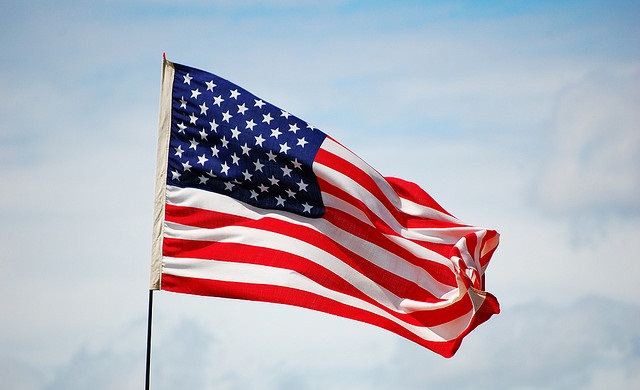Donald Trump has won the US presidency. What effect will this have on the country’s economy and currency? Yesterday, the US went to polls to elect the country’s 45th president. After a long and hard-fought campaign, Republican Donald Trump was victorious, beating Democrat Hillary Clinton. With his first real foray into the political sphere, Mr Trump has won the most important job in the nation. Now the question is what a president Trump will entail for the US, the wider world and the currencies of those affected by the decision of the voters.
Political

The political situation in the US now looks to be controlled by the Republican party. The party has its candidate set to be inaugurated in January 2017, has maintained its majority in the House of Representatives and looks likely to retain the Congress. It may appear as if things will be easy for the party. However, there is what looks like a split in the Republicans at the moment. Some high-ranking party members revoked their support of Mr Trump after a recording of him making lewd comments about women was released. There were many who called on him to step aside and let his running mate – and future US vice-president Mike Pence – take over as presidential candidate. Others said they would not withdraw their endorsement of Mr Trump but that they would not campaign for him, such as speaker of the House of Representatives Paul Ryan. Now that Mr Trump has been elected, however, it remains to be seen whether he can unite his party, which will be necessary to push through the policies he wants to.
Economic
Mr Trump’s campaign policies had assured voters that the US would see lower taxes, renegotiated trade deals and changes to banking regulations. He has suggested cutting the top rate of income tax from 39.5% to 33%, and reducing corporation tax from 35% to 15%. There have been concerns that this policy will not be sustainable so tax rates will likely be keenly watched by analysts. Mr Trump’s trade deal recommendations would likely result in tariffs being placed on imports, specifically from China (45%) and Mexico (35%). This policy has also drawn concern from analysts who think that the affected countries would retaliate by placing tariffs on imports from the US, which could then have a negative effect on the country’s growth. Banking would be one area that might have seen a good deal of support for Mr Trump. This is because he has said he would reduce federal control on the banks and repeal the Dodd-Frank Wall Street Reform and Consumer Protection Act, which was brought in to regulate financial markets. It remains to be seen whether Mr Trump will follow through with his policies.
Currency
The US dollar fell in value against most major currencies, including the pound and the euro, as it became clear that Mr Trump was going to win the election. Throughout his campaign, if it was perceived that he was doing well – or if Ms Clinton faltered – the dollar fell. The result was no different. This is largely because experts widely view Mr Trump as unpredictable. He has not been involved in politics before now and has what many analysts perceive as isolationist views, such as his campaign policy of building a wall between the US and Mexico in an attempt to prevent undocumented migration. Reuters reported that investors are concerned that “a Trump victory could cause global economic and trade turmoil and years of policy unpredictability”. It has also been suggested that this could result in the US Federal Reserve deciding not to raise interest rates in December. The possibility that Fed chair Janet Yellen will leave her position shortly has been brought up, which may make it even more unlikely that interest rates will be increased next month. However, after Mr Trump delivered his first speech since it was announced he had won, the currency markets calmed down slightly. The pound and euro had begun to pare gains following his speech. The Mexican peso also suffered as a result of Mr Trump being elected. The currency hit an all-time low against the dollar. This is due in large part to the proposed wall between the countries and trade tariffs.
The peso’s drop is the biggest it has experienced in two decades.


 Hot Features
Hot Features













